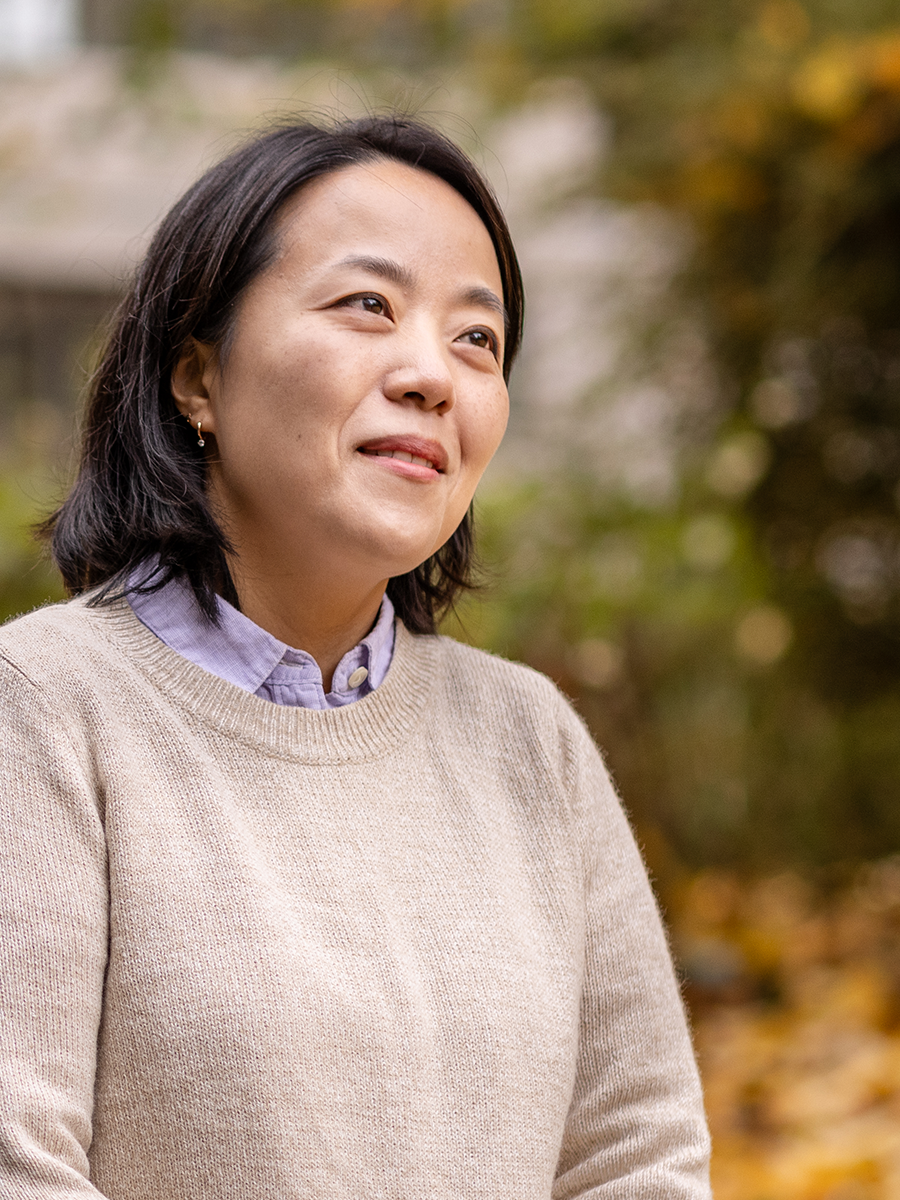Ruth Jihyung Joo
 Job title:
Job title:
Knowledge Translation Fellow
Area of work:
Climate negotiations are socially constructed. It is a process of order making that involves attempts to maintain and change them by social actors. Increasingly, there is a growing role of non-state actors in the UNFCCC process. Non-state actors advocate a position, provide expertise, advise parties, and research to name a few. They are also at the forefront of creating partnerships and networks to implement and monitor climate actions. Various non-state actors participate in the UNFCCC process for different strategic purposes, and each group has its own purpose, role and activities.
Universities and their global climate networks are emerging in the climate negotiations arena, and they are striving to be newly recognised as stakeholders in the UNFCCC process. At COP28 I will study how these university agents are constructing climate negotiations and identify their opportunities and challenges in engagement. I aim to suggest how they can contribute more effectively to the UNFCCC process and climate change solutions in the future.
What will you be doing at COP28?
I plan to research the role of universities as agents to the UNFCCC process and discover the challenges they experience in influencing climate negotiations. Observation of the COP events, interviews to actors and document analysis will be used to generate comprehensive evidence about the details of the processes and reasons for the presence of these institutions. I will identify both formal and informal rules that govern university groups participation in the UNFCCC process. I intend to gain a deeper understanding of the contents, purposes and effects of university-led events at COP28.
What are the big issues that COP28 needs to address? What are your hopes for the negotiations?
COP28 is marked by its first Global Stocktake of the Paris Agreement, which is a crucial step for the pledge and review process. Upon this review, I hope that the COP28 negotiations can reach meaningful commitments for rapid energy transformation and operationalisation of climate finance for mitigation and adaptation.
What’s your message for world leaders at COP28?
We need transformation, not the renewal of existing structures. Local pledges and actions are important. However, they are meaningful when they are linked to global collective action. We must deviate from path-dependencies and silo-thinking to solve climate change.
Do you have any tips about climate action that you can share?
I suggest that readers not be misled by ‘frames’ created and promoted by those who hold more resources and power.
You can find an in depth interview with Ruth on the Horizons Institute website.
